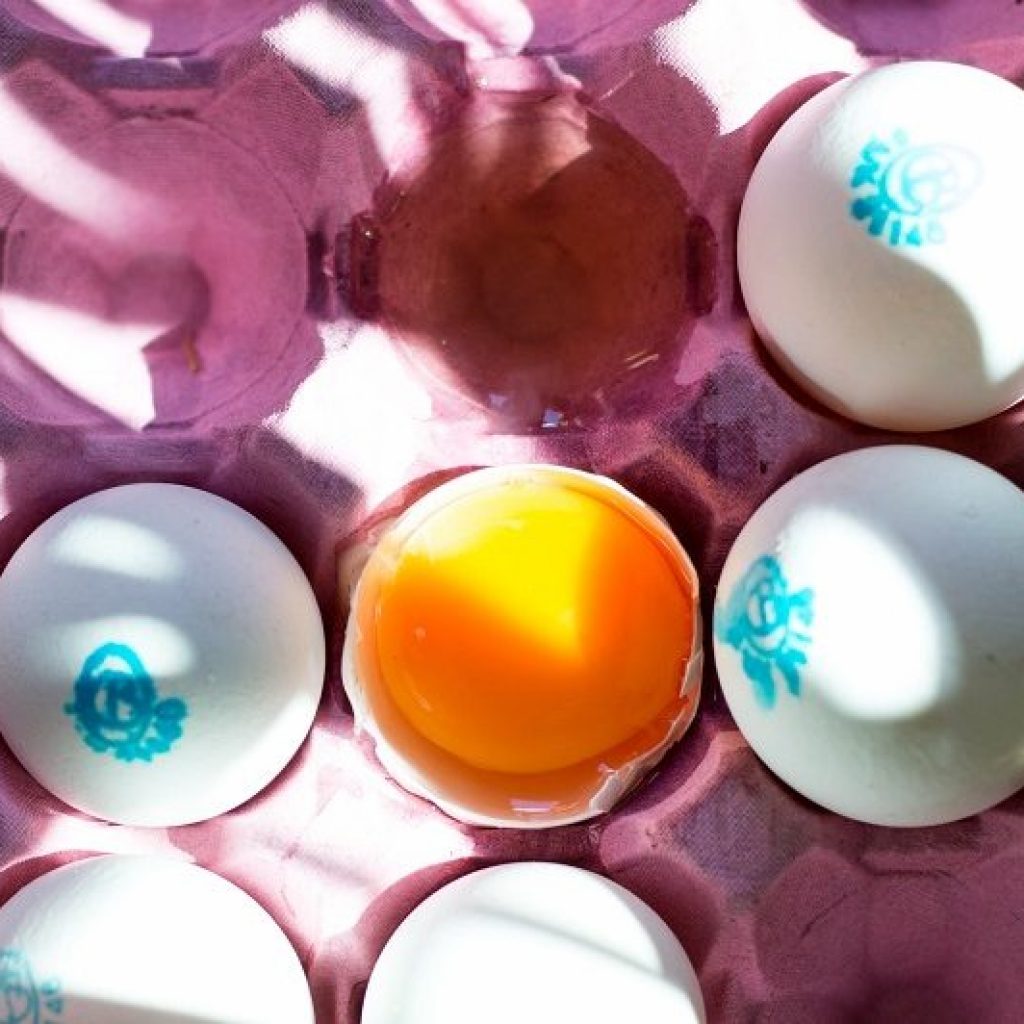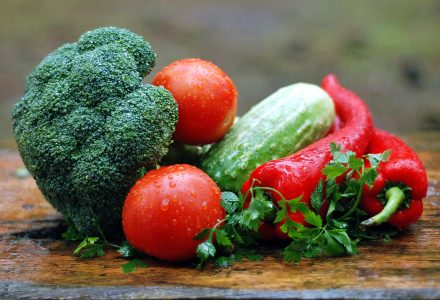It’s wellknown that pregnancy is a time during which our body’s needs for many micronutrients increase. The reason for this is to accommodate for rapid growth – both for the growing baby as well as supporting mum’s body as she adapts to a whole host of changes throughout her body.
Once you enter this space, it can sometimes feel like you’re being sucked into a wormhole of products and supplements that you need to know about and start using for the best pregnancy. While there’s truth in the fact that your body needs more micronutrients, it doesn’t mean that the one product you’ve seen advertised is the one and only way to get there.
In the blog series, we’re going to dive into some key micronutrients worth considering during pregnancy, highlight food sources, and give a few tips on what to look for in your supplement to know it’s legitimately worth your money.
Today, B vitamins.
B vitamins are chemical compounds that act as cofactors to help give us energy. They don’t contain calories, but they help us burn calories to fuel many essential processes in our bodies. Basically, they power many many functions required for human life. Of course, that means when our body is working extra hard in pregnancy, we’re going to have an even greater need for these vitamins.
Vitamin B12
Vitamin B12 plays a critical role in growth and development. When there’s not enough, cells don’t divide and grow the way they should. It can also lead to anaemia in mum what can contribute to fatigue and breathlessness, among many other symptoms.
Vitamin B12 is found only in animal products. Some plant‑based foods are fortified with vitamin B12; however, I wouldn’t recommend that you make fortified foods a primary source of nutrition. Fortified foods often use lower cost forms of the vitamin in ineffective doses which are usually poorly absorbed, rendering it useless.
How much?
Not a lot! The recommended daily intake is 2.6 µg/day, which you would generally get if you were to eat two palm-sizes of meat, chicken, fish, or eggs daily. However, some people have problems with absorbing vitamin B12 due to underlying gut issues. They will need more, and potentially in the form of a supplement. Vitamin B12 levels can be checked in a blood test. If your levels are below 200 ng/mL, this suggests your body isn’t absorbing enough from your diet. There are major risks associated with B12 deficiency but none associated with having high levels, so it’s smart to err on the side of caution and keep your blood levels within the “adequate range.”
Where from?
Animal‑sourced food products. Vitamin B12 is only found in adequate amounts in animal‑sourced foods. That includes meat, poultry, eggs, fish, and dairy products.
If you are going to supplement, either due to a pre‑existing deficiency or because you choose to not eat animal products, then you should opt for one in a sublingual form. Meaning, the supplement is absorbed in your mouth, overcoming any digestive problems that may be hindering absorption.
Folate
Folate supplementation is recommended to women who are planning pregnancy and during the first trimester. Folate plays a role in growth and development and supplementation has been shown to reduce the risk of neural tube defects. Some people are more at risk of problems with folate inadequacy more than others; this is due to a number of common genetic variants which can affect the way some people metabolise folate.
Similar to B12, there’s minimal risk associated with having too much, but major problems with not having enough of this essential vitamin. Folate is water soluble, which means once your body has used what it needs, the excess ends up in your urine.
How much?
Women planning pregnancy and those in the first trimester are recommended to supplement with a 0.8 mg folic acid tablet daily. Folate is the name for the natural vitamin, where as folic acid is a synthetic version, found in many commercial supplements. Some people have metabolic problems with the synthetic version (folic acid), so if you have the choice, opt for a supplement that contains natural folate.
Where from?
Take a supplement during the particularly sensitive time around conception. In your diet, liver and dark green leafy vegetables are the best sources. All fresh fruits and vegetables also contain folate.
Choline
Choline is a cousin of the B vitamins. It plays a similar role as folate, making it essential for growth and development. Choline is especially important in brain and nerve development. Shockingly, many women don’t consume enough choline because food sources are limited. Vegetarian and plant‑based eaters have a particularly increased risk of inadequacies since the main dietary sources of choline come from animal sources.
How much?
Minimum of 440 mg per day
Where from?
Egg yolk and liver are the best dietary sources. Certain vegetables (broccoli and cauliflower), quinoa, beans, and nuts also provide some, but if these are going to be your only sources, then is can be difficult to achieve 440 mg per day on these foods alone. If you are not eating egg yolk or liver, then check that your prenatal supplement contains a hefty amount of choline.
In summary, B vitamins are essential nutrients that play a role in coordinating our metabolism. Cells can’t do their jobs properly without them. During the pregnancy journey, our needs for B vitamins increase dramatically to support rapid growth and development. We’ve highlighted vitamin B12and choline, as they can be exceptionally important to consider, particularly if you are following a vegan diet or if your diet doesn’t consist of some of the good food sources mentioned above.
Few prenatal supplements contain sufficient amounts of choline. If eggs or liver are lacking in your diet, then you may need to take a choline supplement.
Sylvia’s tips for supplementing B vitamins:
- B vitamins are best taken balanced in a B complex or multivitamin formula
- B12 supplements are recommended if you are at risk of B12 deficiency:
- Clinician’s Vitamin B12 Oral Drops
- Clinician’s Liposomal Vitamin B12
- Good Health Activated B12
- Always check that your folate (B9) is listed as “Folate” in the name
- Many prenatal supplements and multis do not include choline in sufficient amounts; you may need to take additional choline separately:
- Solgar Choline/Inositol 250 mg





![Nutrition and inflammation]-min](https://fearlessnutrition.co.nz/wp-content/uploads/elementor/thumbs/Nutrition-and-inflammation-min-qrdnj82dtmk5ss3yb9fptijgv0iwpna1els44gibaw.jpg)